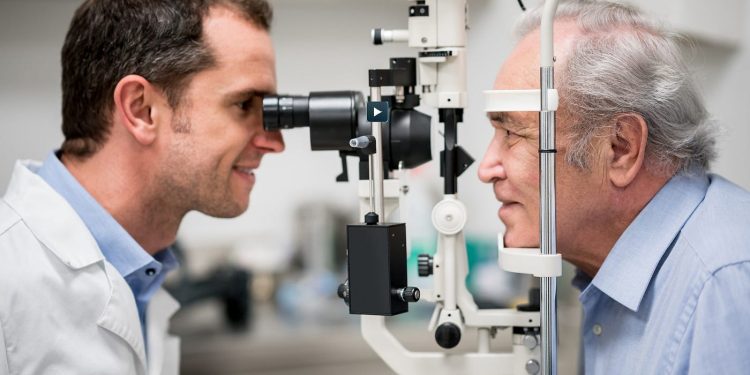Are you tired of relying on glasses or contact lenses to correct your vision? Do you struggle with common eye disorders such as lazy eye, convergence insufficiency, or double vision?
If so, then you may want to consider optometric vision therapy as a treatment option. Contrary to popular belief, vision therapy is not just for children learning to read. In this post, we will explore the five crucial roles that optometric vision therapy plays in improving and correcting vision.
So let’s dive in and discover how this often-overlooked treatment can benefit you or your loved ones.
Table of Contents
1. Correct Binocular Vision Problems
Binocular vision, or the ability of both eyes to work together, is essential for daily tasks such as the following:
- reading
- driving
- and sports
When there is a disruption in this coordination, it can lead to eye strain, double vision, and difficulty focusing. Optometric vision therapy uses specialized exercises and activities to improve the alignment and coordination of the eyes.
It allows them to work together more efficiently. This can benefit those with conditions such as the following:
- strabismus
- amblyopia
- and convergence insufficiency
2. Improve Visual Processing Skills
This therapy aims to train the brain to process and interpret visual information received from the eyes. It involves a series of exercises and activities that are tailored to the specific needs of each patient, targeting areas such as visual memory, tracking, and hand-eye coordination.
3. Help With Eye Movement Disorders
Through individualized treatment plans, vision therapists work with patients to target specific eye movements and improve their accuracy and speed. This can benefit those with conditions such as strabismus, nystagmus, or amblyopia.
By addressing the root cause of these disorders and training the eyes to work together, visual perception enhancement can improve visual function and enhance quality of life.
4. Addresses Visual Discomfort and Fatigue
Through a series of exercises, activities, and tools, optometric vision therapy aims to strengthen the following:
- visual system
- reduce discomfort
- and improve visual function
By addressing these issues, individuals can experience improved visual clarity and comfort. In turn, this can lead to a better quality of life. Also, you may visit Wildwood Vision Specialists now to see how optometric vision therapy can benefit you.
5. Improve Visual Skills for Those With Neurological Disorders
This type of therapy focuses on improving visual skills, such as eye tracking, focusing, and hand-eye coordination, for individuals with neurologic conditions like:
- traumatic brain injury
- stroke
- cerebral palsy
These disorders can often cause visual problems that cannot be corrected with glasses or surgery alone. Optometric vision therapy utilizes specialized techniques and exercises to retrain the brain and improve visual processing.
Thus, enhancing visual skills and function. This approach is beneficial in improving the quality of life for those with neurological disorders. It allows them to better navigate their daily tasks and activities.
Enhance Visual Performance With Optometric Vision Therapy
Optometric vision therapy has proven to be an effective and non-invasive treatment for various eye disorders. By utilizing the roles of visual development therapy, patients can experience improvements in visual skills, eye movements, depth perception, and more. Don’t hesitate to consult with your eye care professional.
See if optometric vision therapy is the right solution for you. Schedule your appointment today and take the first step towards a clearer and healthier vision.
Looking for more tips and advice? You’re in the right place! Make sure to bookmark our page and come back to check out more interesting articles.


 Home
Home









